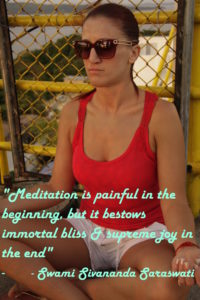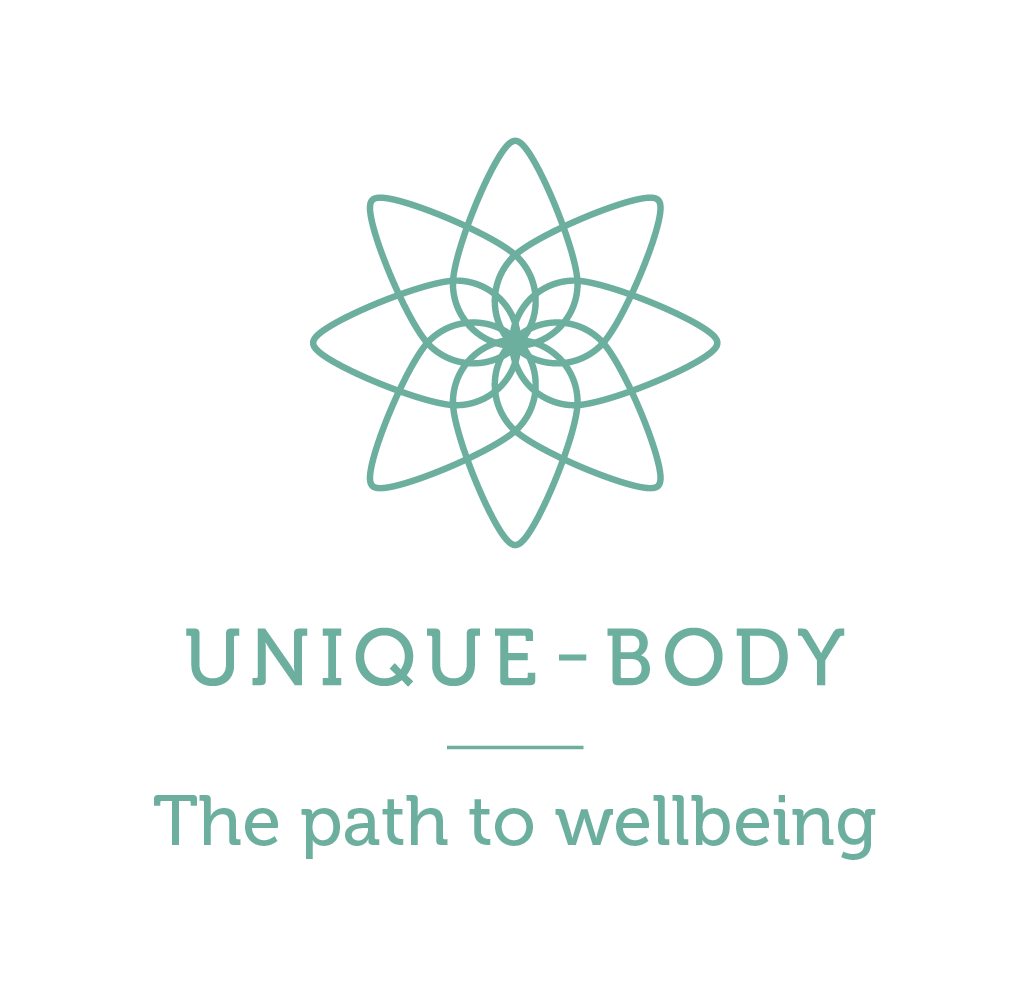 MEDITATION
MEDITATION
With the hectic pace and demands of modern life, many people feel stressed and over-worked. It often feels like there is just not enough time in the day to get everything done. Our stress and tiredness make us unhappy, impatient and frustrated. It can even affect our health. We are often so busy we feel there is no time to stop and meditate! But meditation actually gives you more time by making your mind calmer and more focused. A simple ten or fifteen-minute breathing meditation as explained below can help you to overcome your stress and find some inner peace and balance. Meditation can also help us to understand our own mind. We can learn how to transform our mind from negative to positive, from disturbed to peaceful, from unhappy to happy.
Focused attention meditation
Focusing the attention on a single object during the whole meditation session. This object may be the breath, a mantra, visualization, part of the body, external object, etc. As the practitioner advances, his ability to keep the flow of attention in the chosen object gets stronger, and distractions become less common and short-lived. Both the depth and steadiness of his attention are developed.
Examples of these are: Samatha (Buddhist meditation), some forms of Zazen, Loving Kindness Meditation, Chakra Meditation, Kundalini Meditation, Sound Meditation, Mantra Meditation, Pranayama, some forms of Qigong, and many others.
My favourite Meditation after a long day I call SHOWER MEDITATION.
Every time you take a shower, visualize you are washing away your long days of stress and anxiety. Concentrate on the feel of the water upon your skin, envision the power of the water washing away your negative thoughts.Feel sadness, regret, anger and depression washing right off you and let it go down the drain. You will start to feel lighter and much clearer.
Open monitoring meditation
Instead of focusing the attention on any one object, we keep it open, monitoring all aspects of our experience, without judgment or attachment. All perceptions, be them internal (thoughts, feelings, memory, etc.) or external (sound, smell, etc.), are recognized and seen for what they are. It is the process of non-reactive monitoring of the content of experience from moment to moment, without going into them. Examples are: Mindfulness meditation, Vipassana, as well as some types of Taoist Meditation.
